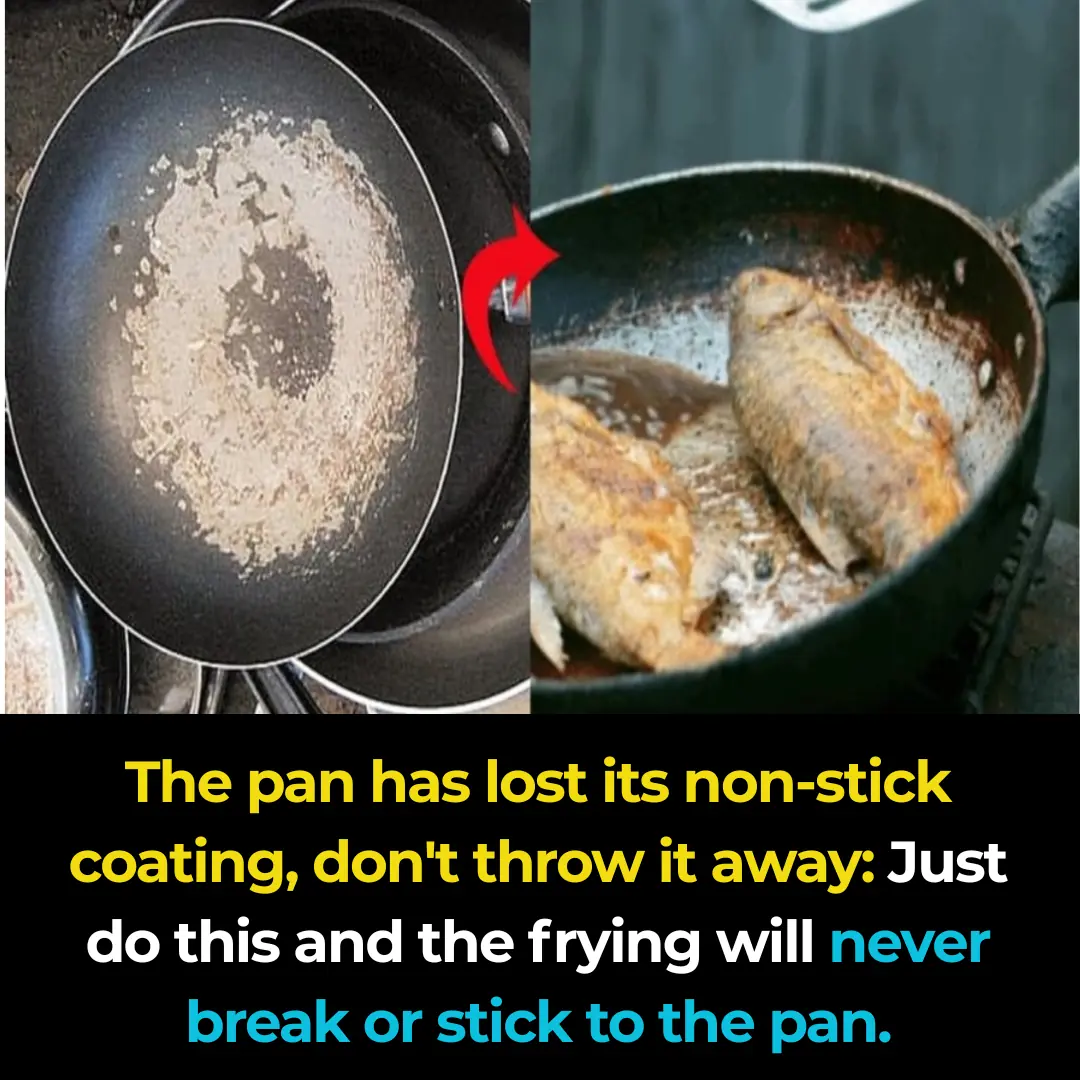
One person washes dishes, the whole family gets cancer? 6 habits that "soak poison" in dishes that need to be stopped immediately
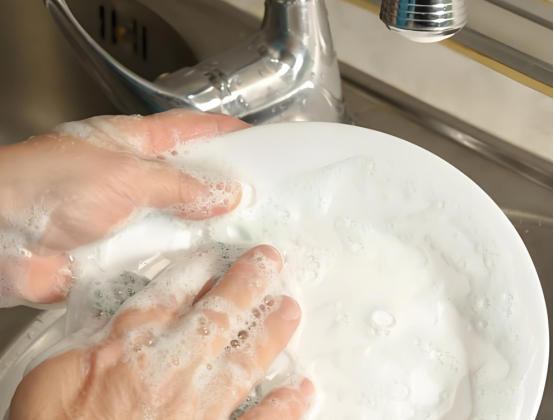
6 Common Dishwashing Habits That Could Secretly Harm Your Family’s Health
At first glance, washing dishes after a meal seems like a simple and harmless daily chore. Everyone does it, and most people never think twice about it. However, what many don’t realize is that if dishes are not washed correctly, you may actually be unintentionally “planting the seeds of illness” for your entire household.
In fact, a large number of families still maintain habits that seem trivial or harmless but can create ideal conditions for bacteria, mold, and harmful microorganisms to thrive. Over time, these invisible threats can spread throughout your kitchen and increase the risk of digestive problems, infections, and even long-term health concerns.
Below are six extremely common yet surprisingly dangerous dishwashing habits. If you recognize any of these in your own routine, it’s time to change them immediately—before it’s too late.
1. Soaking dirty dishes for hours before washing
Many people, out of fatigue or convenience, pile all the dirty dishes into a sink filled with water and leave them there to “deal with later.” Some even wait until the next meal to wash everything at once. Unfortunately, this habit doesn’t make dishes cleaner—it does the exact opposite.
When food residue sits in warm, humid conditions, it creates a breeding ground for bacteria, mold, and even parasites. Experts warn that soaking dishes for long periods not only fails to reduce grease but also allows bacteria to multiply and stick more firmly to the surface, increasing the risk of digestive infections, diarrhea, and food poisoning.
Better habit: Wash dishes as soon as possible after meals. Spending 10–15 minutes right away is much safer than leaving harmful germs to grow overnight.
2. Pouring dishwashing liquid directly on dishes
A very common mistake is squirting concentrated dishwashing liquid directly onto dirty plates or bowls before scrubbing. While it might seem convenient, most dishwashing liquids on the market are highly concentrated and must be diluted with water to ensure safety.
Using them directly not only wastes product but also risks irritating or damaging the skin on your hands. Even worse, if the dishes are not rinsed thoroughly, chemical residues may remain and transfer into food, slowly entering the body.
Better habit: Always dilute dishwashing liquid in a basin of water before use, and rinse dishes thoroughly with clean water. Wearing gloves can further protect your skin.
3. Using the same sponge for weeks or even months
The dish sponge is one of the dirtiest items in the kitchen because it comes into constant contact with grease, leftover food, and moisture. Shockingly, many households use the same sponge for weeks, or even months, without replacement.
Research has shown that a sponge used for more than two weeks can harbor millions of bacteria, including dangerous strains such as E. coli and Salmonella. These bacteria are leading causes of diarrhea, stomach cramps, and foodborne illness.
Better habit: Replace sponges every 1–2 weeks. Wash them daily with hot water, wring them out, and let them dry completely in a ventilated place to reduce bacterial growth.
4. Storing dishes immediately after washing without drying
Some people assume that once dishes are rinsed clean, they can be stacked directly into the cupboard to air dry. The problem is that most kitchens are damp environments—ideal for bacteria and mold to grow.
When dishes are put away while still wet, especially in a closed cabinet, bacteria can multiply within hours. As a result, the dishes may appear clean but are actually contaminated all over again.
Better habit: After washing, use a clean towel or paper towel to dry dishes completely before storing them. This simple step can greatly reduce bacterial spread in your kitchen.
5. Scrubbing non-stick cookware with metal scouring pads
Non-stick pans are extremely common in modern households, but many people make the mistake of scrubbing them aggressively with steel wool or metal pads. This damages the non-stick coating, causing it to peel away.
When that coating breaks down, it may release harmful chemicals and heavy metals into food. Long-term accumulation of these substances has been linked to liver and kidney problems, and some studies suggest potential cancer risks.
Better habit: Only use soft sponges, nylon scrubbers, or tools specifically designed for non-stick cookware. Avoid any abrasive metal scouring pads.
6. Forgetting to clean the sink after washing dishes
After finishing the dishes, many people simply drain the water and walk away. Yet the sink itself often remains covered in grease, leftover food, and bacterial residue. Within just a few hours, these scraps can create foul odors, attract pests such as cockroaches and flies, and even spread mold.
Better habit: Always clean the sink thoroughly after washing dishes. Use hot water and a mild cleaning solution to rinse the basin and strainer, preventing bacteria from building up and ensuring a fresher kitchen environment.
Final Thoughts
Dishwashing may appear to be a straightforward household task, but if done carelessly, the consequences can be far more serious than most people imagine. By avoiding these six dangerous habits, you not only keep your kitchen sparkling clean but also safeguard your family’s health.
The kitchen is the heart of every home. Keeping it hygienic, safe, and healthy is one of the simplest yet most effective ways to protect your loved ones from hidden dangers. Small daily changes in your dishwashing routine can make a big difference in ensuring a long-term, healthy lifestyle.
News in the same category


The golden 4-hour window for drinking coffee helps your body gain maximum benefits: detoxifying the li:ver and promoting smooth digestion.

Eating boiled bananas at this time, after just 1 week, your body will experience 7 changes

Doctors warn of 3 beauty habits that no one realizes can cause cancer so quickly!

Water flowing from the air conditioner: Thought to be useless, turns out to have many unexpected uses
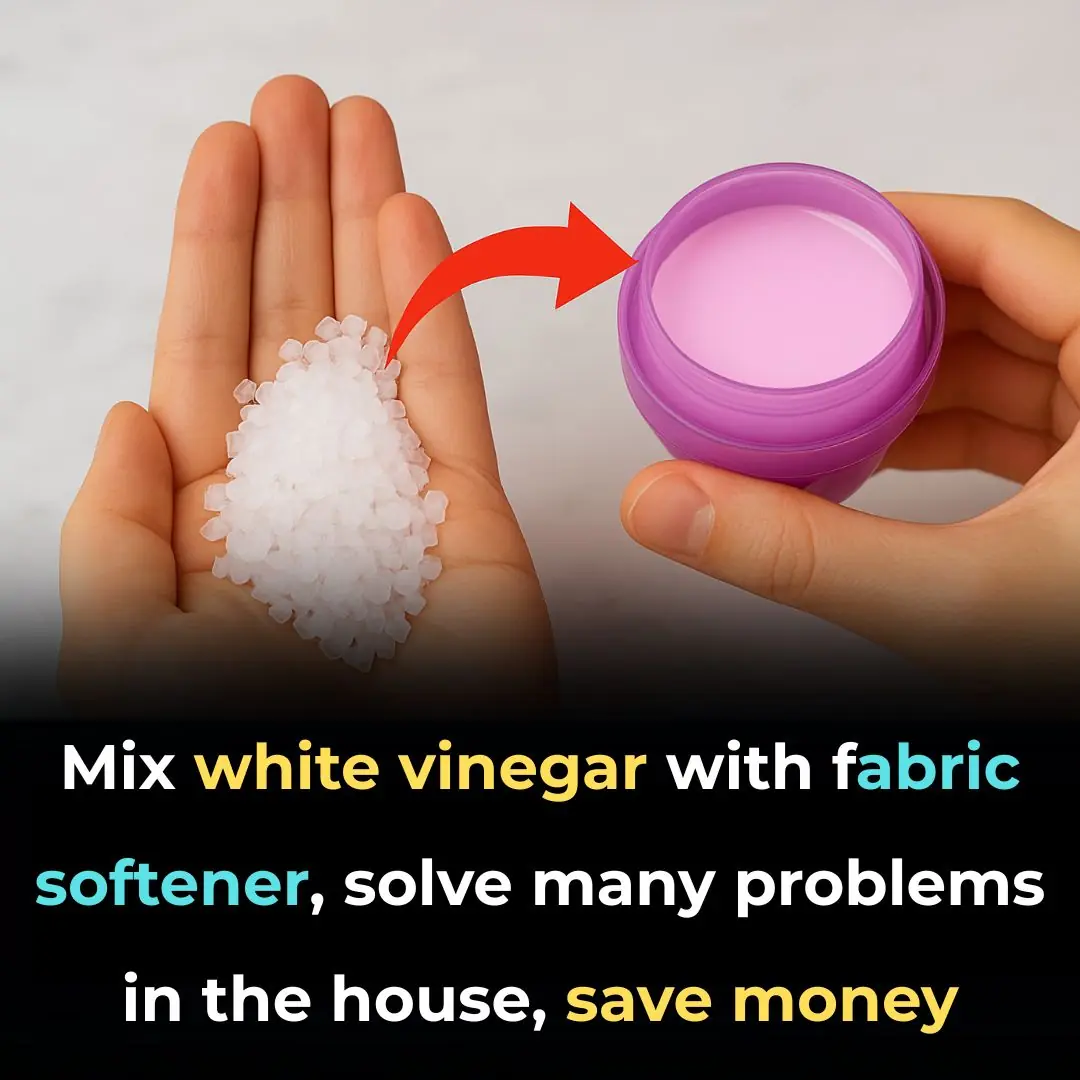
Mix white vinegar with fabric softener, solve many problems in the house, save money

The most correct way to give first aid for stroke at home

4 habits that can make your body age quickly
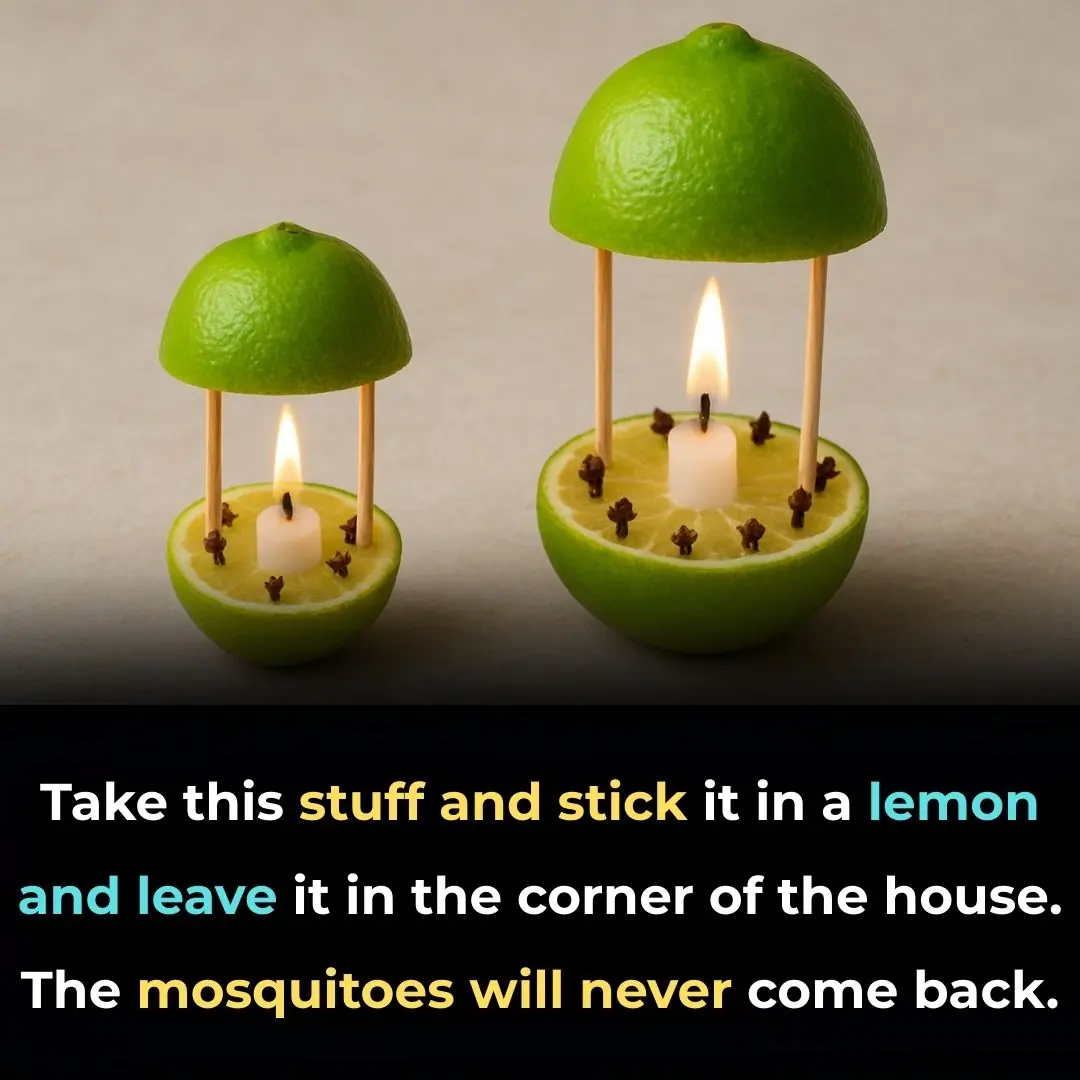
Take this stuff and stick it in a lemon and leave it in the corner of the house. The mosquitoes will never come back.
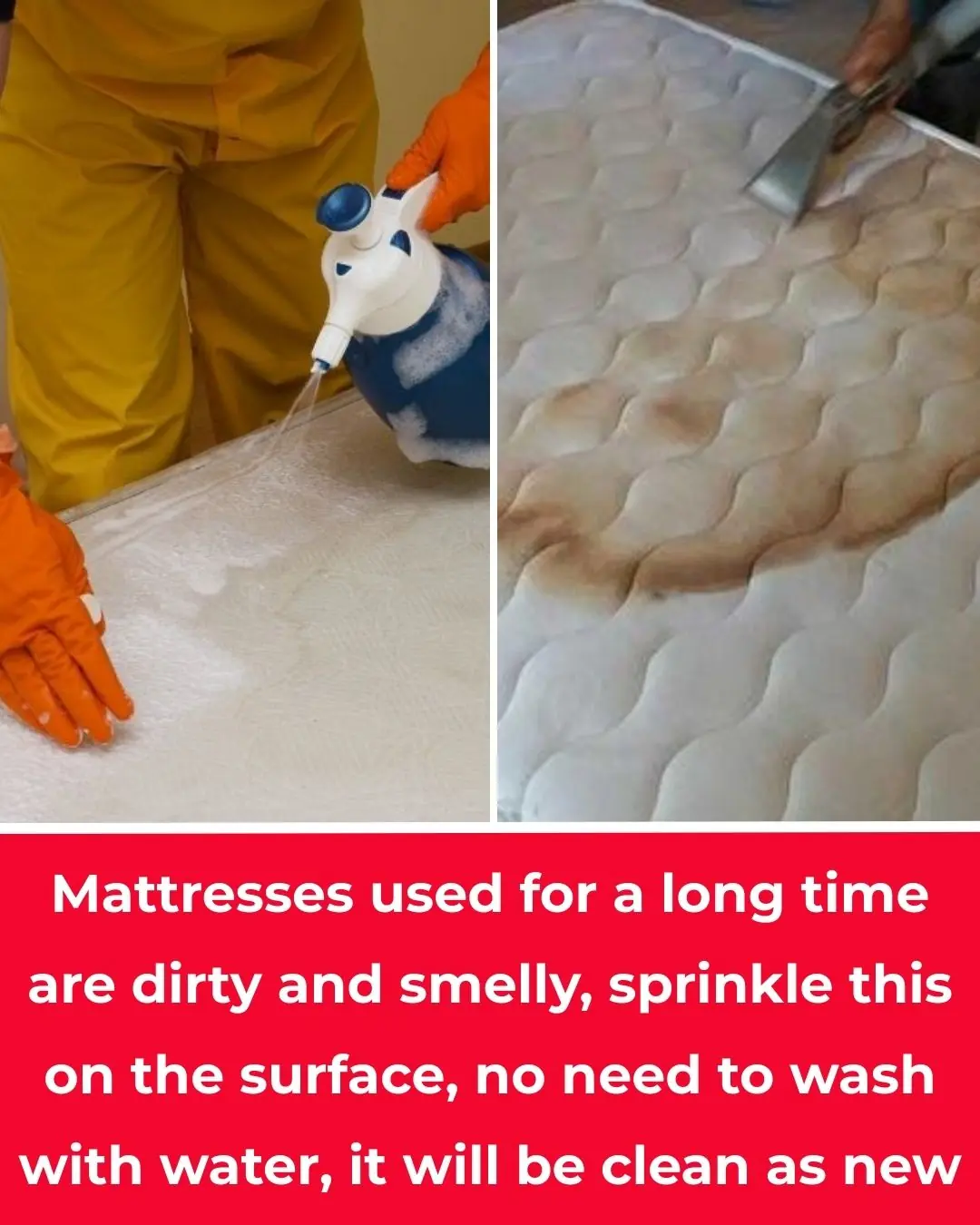
Mattresses used for a long time are dirty and smelly, sprinkle this on the surface, no need to wash with water, it will be clean as new
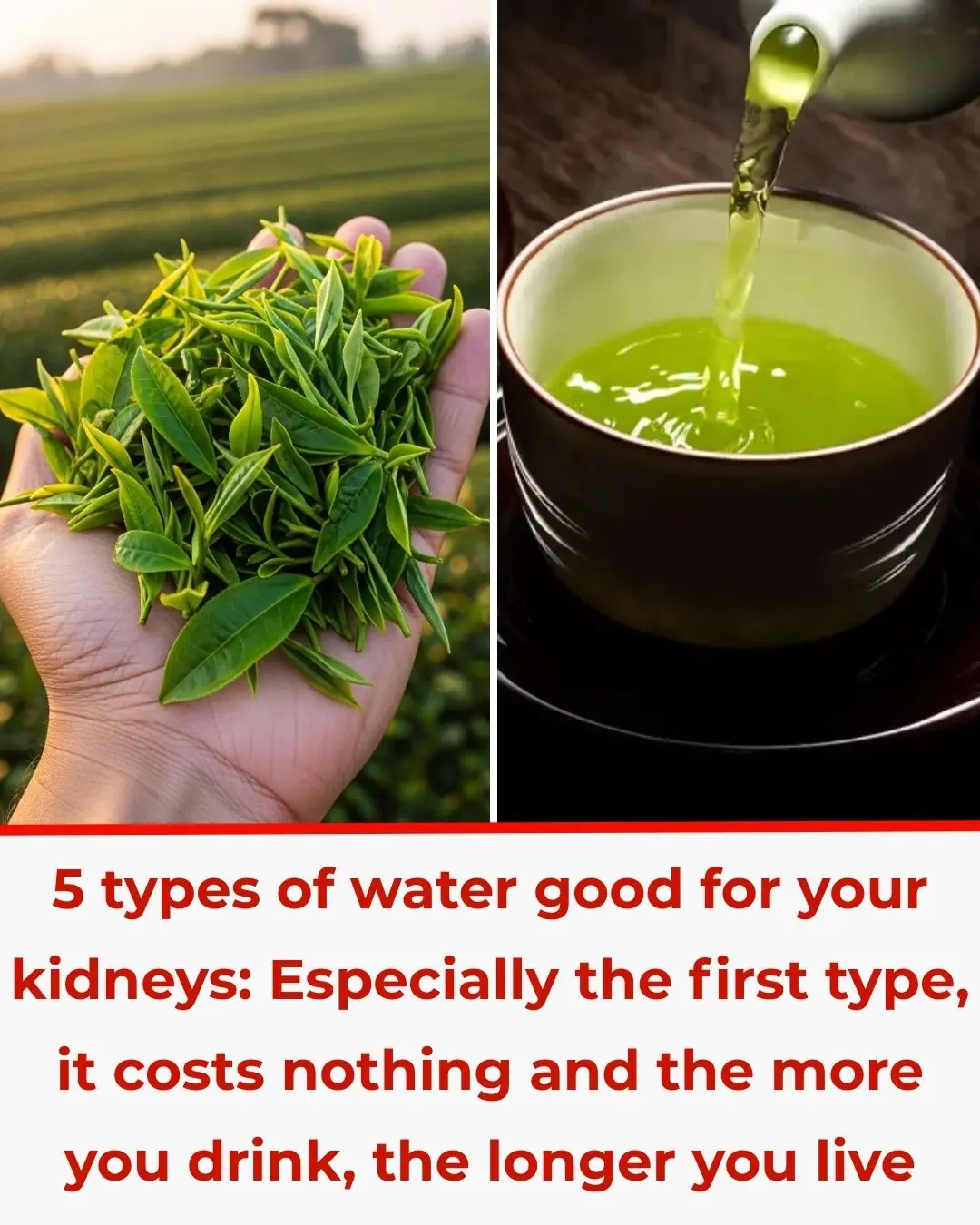
5 types of water good for your kidneys: Especially the first type, it costs nothing and the more you drink, the longer you live

3 mistakes when using plastic wrap

Too many geckos in the house, here’s a little trick to make them ‘go away and never come back’

Why Does the Air Conditioner Smell at 26°C but Not at 25°C? The Surprising Cause

Why You Shouldn't Place Your Bed with the Head Facing West: Feng Shui Insights

The Biggest Mistake Everyone Makes With an Air Fryer – And How to Avoid It
By steering clear of these common errors and sticking to simple safety practices, you can enjoy meals that taste better while also having peace of mind, confident that your appliance will operate safely and efficiently for years ahead.

Cut a Lemon and Leave It in Your Bedroom Overnight – What Happens Will Surprise You
This simple lemon hack may seem minor, but it can create a significant impact.
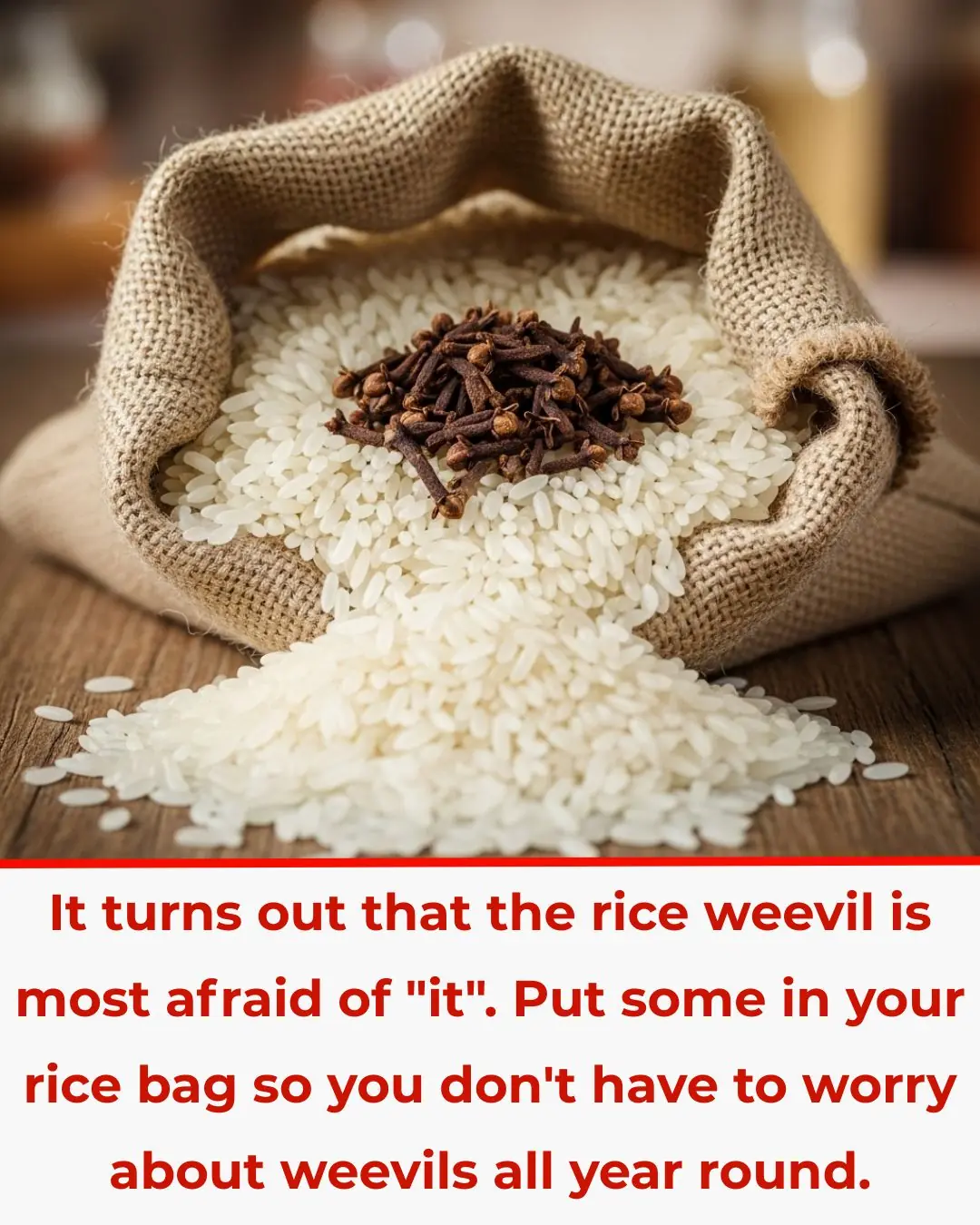
It turns out that the rice weevil is most afraid of "it". Put some in your rice bag so you don't have to worry about weevils all year round
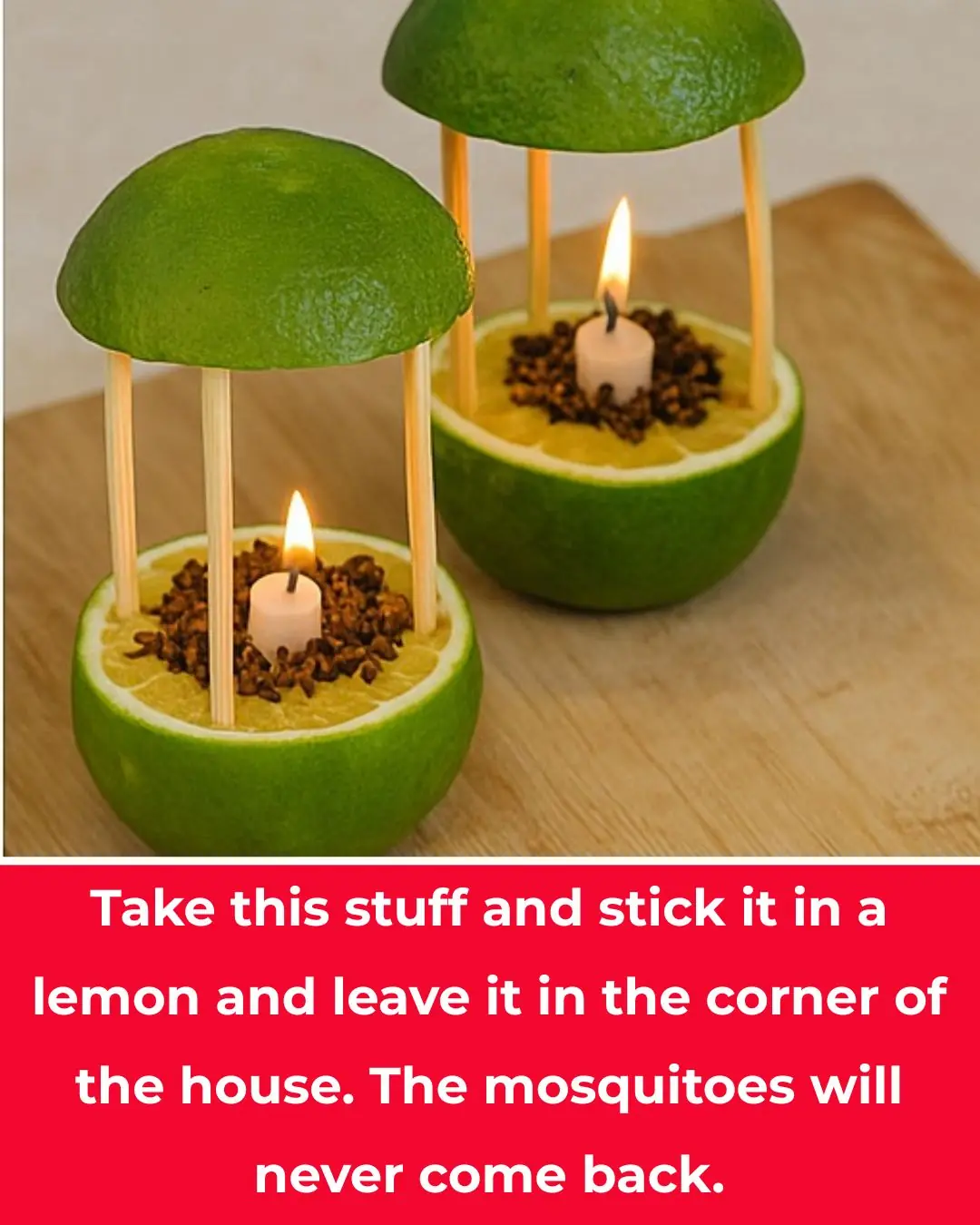
Take this stuff and stick it in a lemon and leave it in the corner of the house. The mosquitoes will never come back.
News Post

How surgeon who amputated his own legs was caught as he's sentenced to 32 months in prison

PlayStation handing out rare refunds to gamers over popular new game
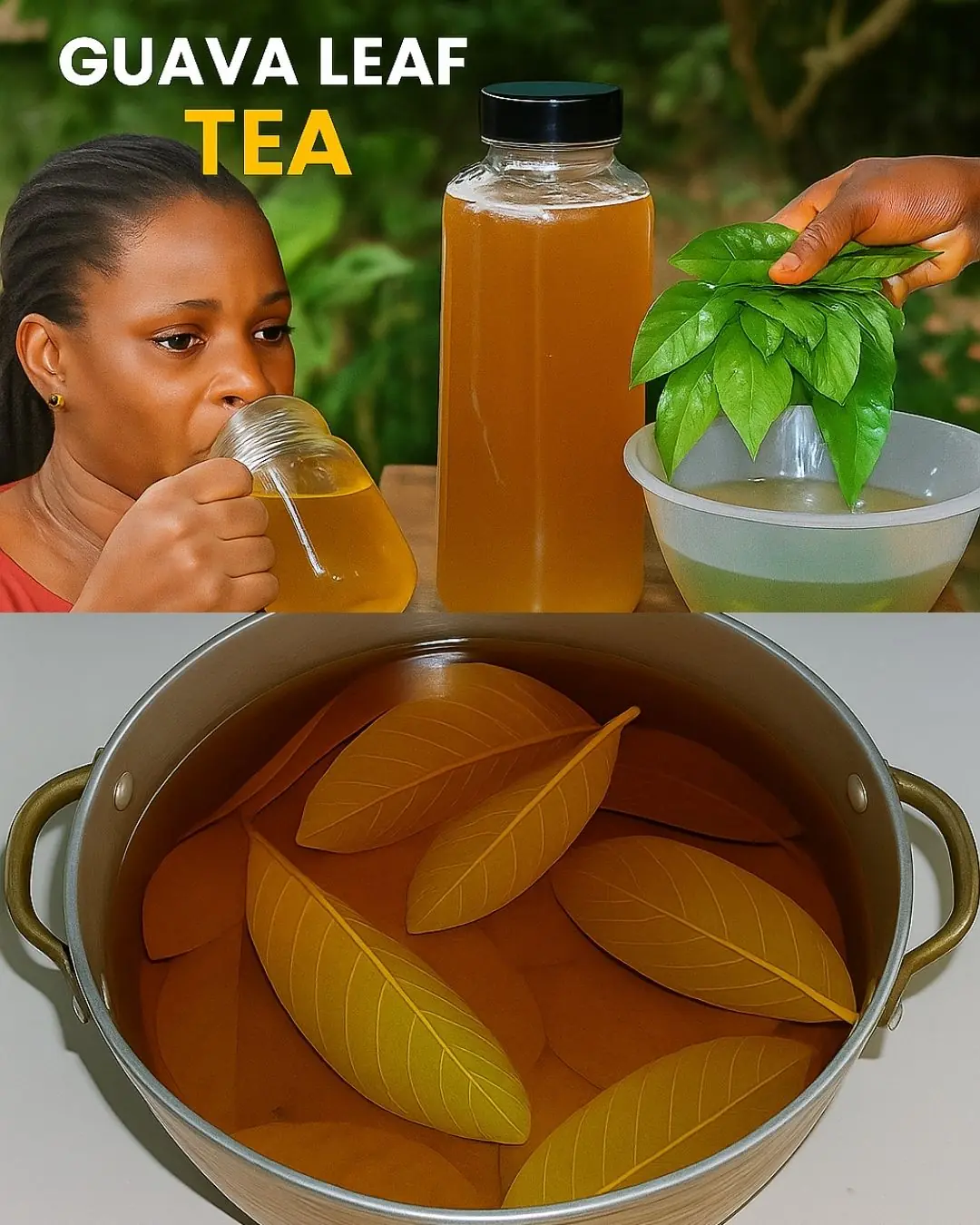
🌿 17 Health Conditions That May Benefit from Guava Leaf Tea + Easy Homemade Recipe

If your non-stick pan has lost its coating, don't rush to throw it away: Just do this, and you can fry and cook without it sticking or falling apart.

The golden 4-hour window for drinking coffee helps your body gain maximum benefits: detoxifying the li:ver and promoting smooth digestion.

Eating boiled bananas at this time, after just 1 week, your body will experience 7 changes

Add potato to coffee to get rid of wrinkles in just 1 week
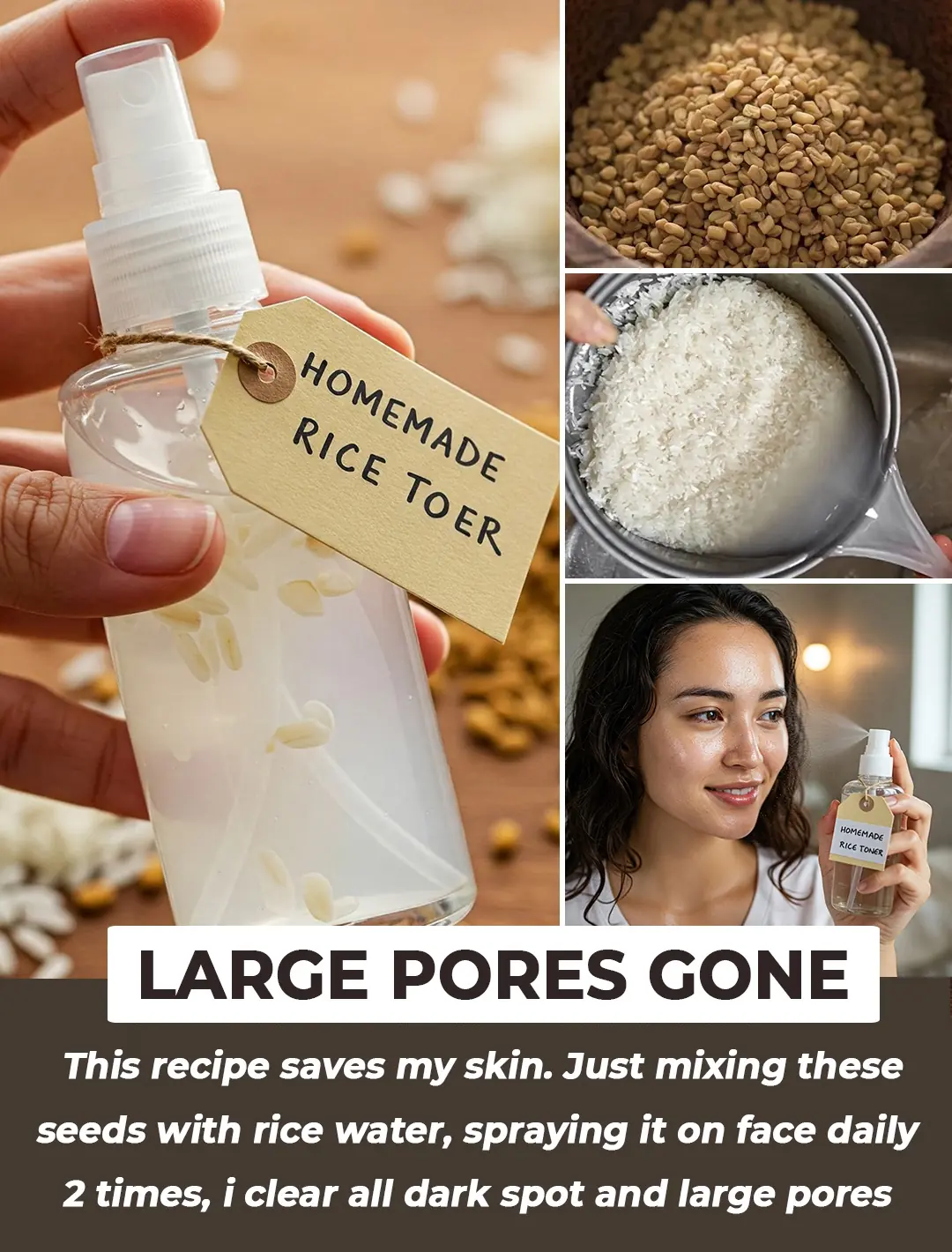
Homemade Rice water & Methi Dana Toner for Glowing Skin

The DIY anti-ageing cream that is very effective to get rid of wrinkles and fine lines on your face

Herbal Remedies for Strong, Lush Hair: Easy Recipe Everyone Can Make At Home

Flaxseed Gel for Wrinkles: The Natural DIY Solution for Smoother, Youthful Skin

10 Tomato Slice Skincare Remedies for Wrinkles, Pores, and Glowing Skin: Natural DIY Treatments
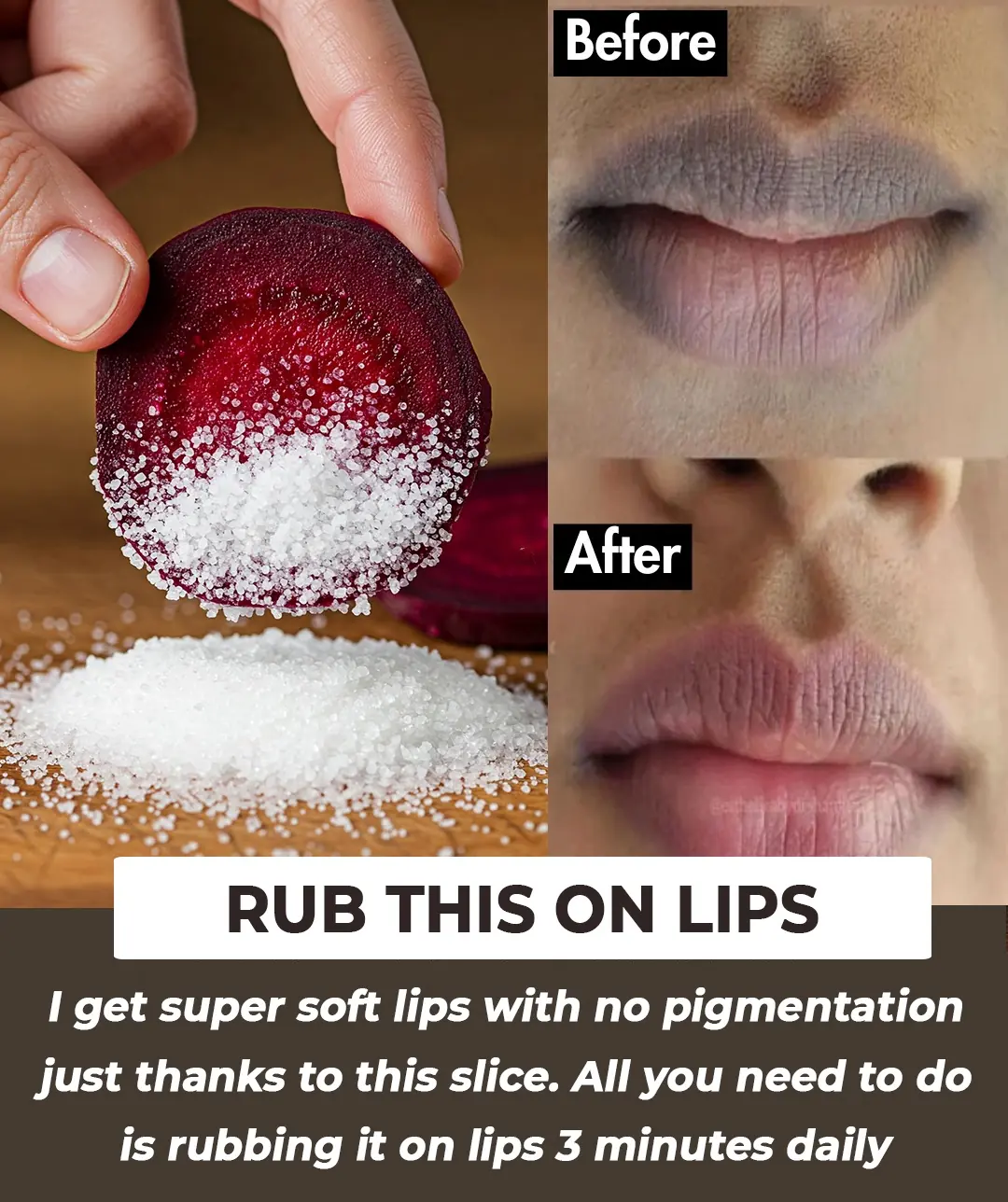
Super Effective DIYs to Achieve Soft, Pink, and Perfect Lips
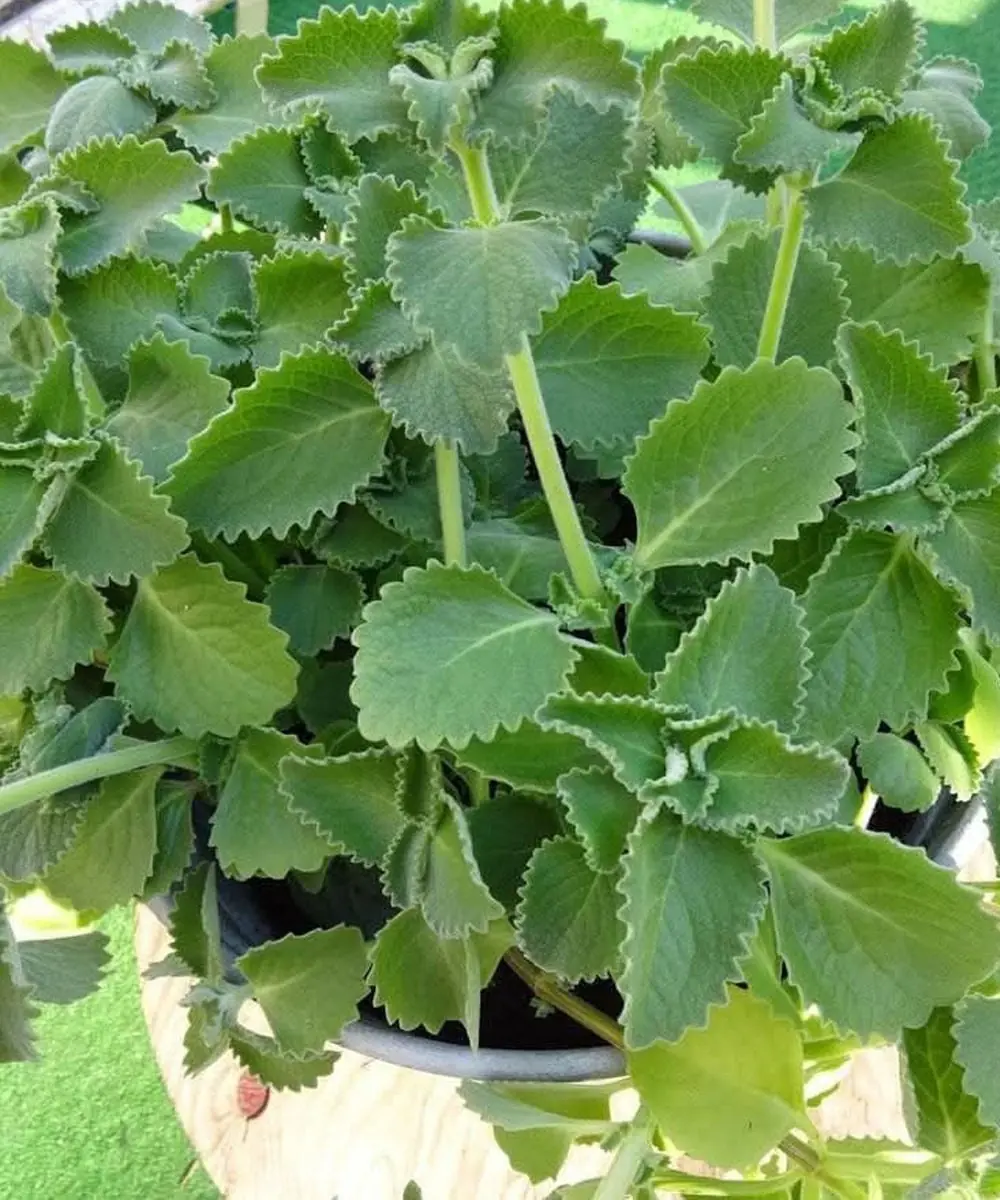
A Scientific Look at Oregano’s Role in Supporting Wellness

Reverse Hair Greying Naturally: Effective Treatments and Remedies for Restoring Hair Color
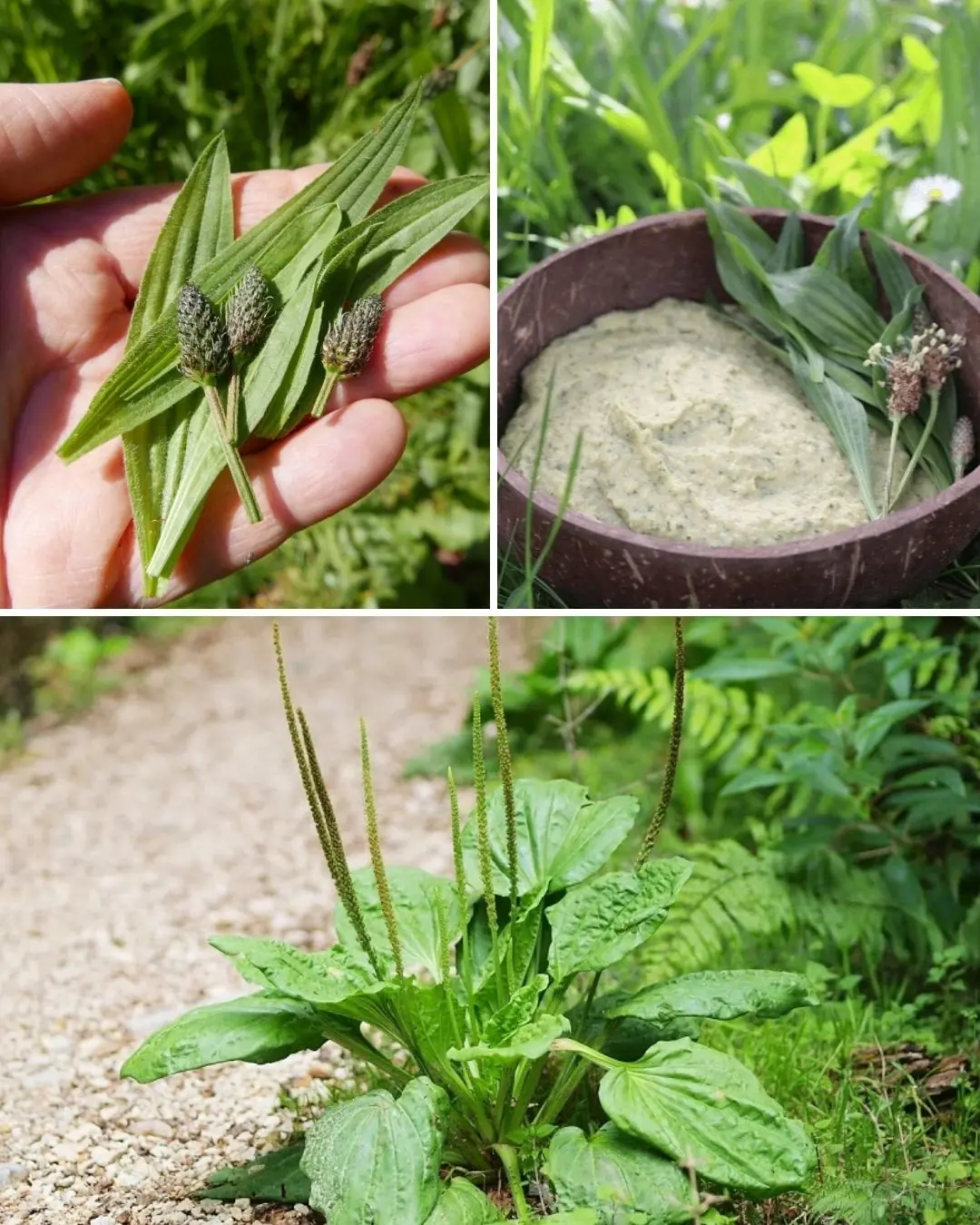
The Incredible Benefits of Plantago lanceolata and How to Use It

CCF Detox Drink For Glowing Flawless Skin
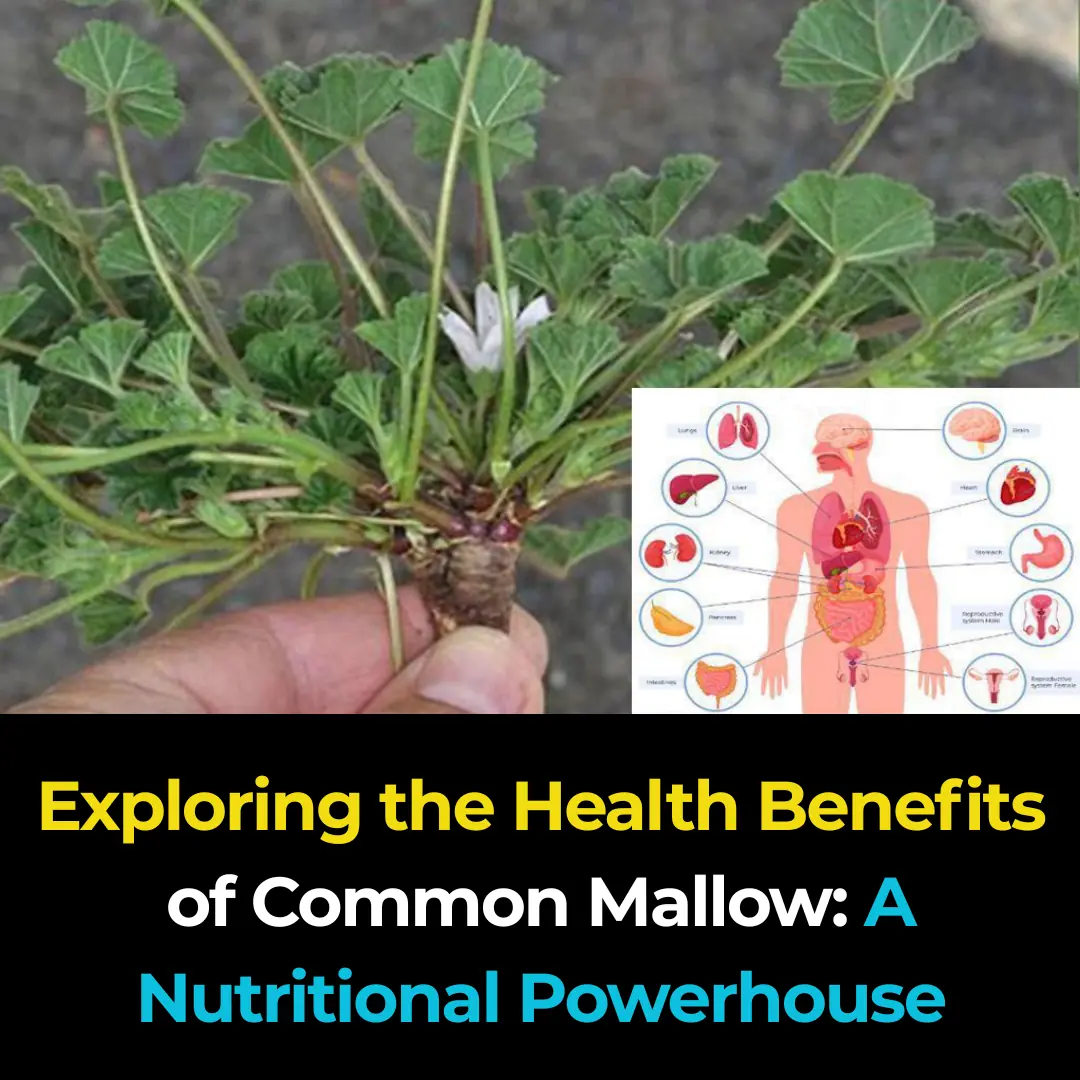
Exploring the Health Benefits of Common Mallow: A Nutritional Powerhouse

Cyperus Rotundus: The Ancient Herb with Modern Healing Power
